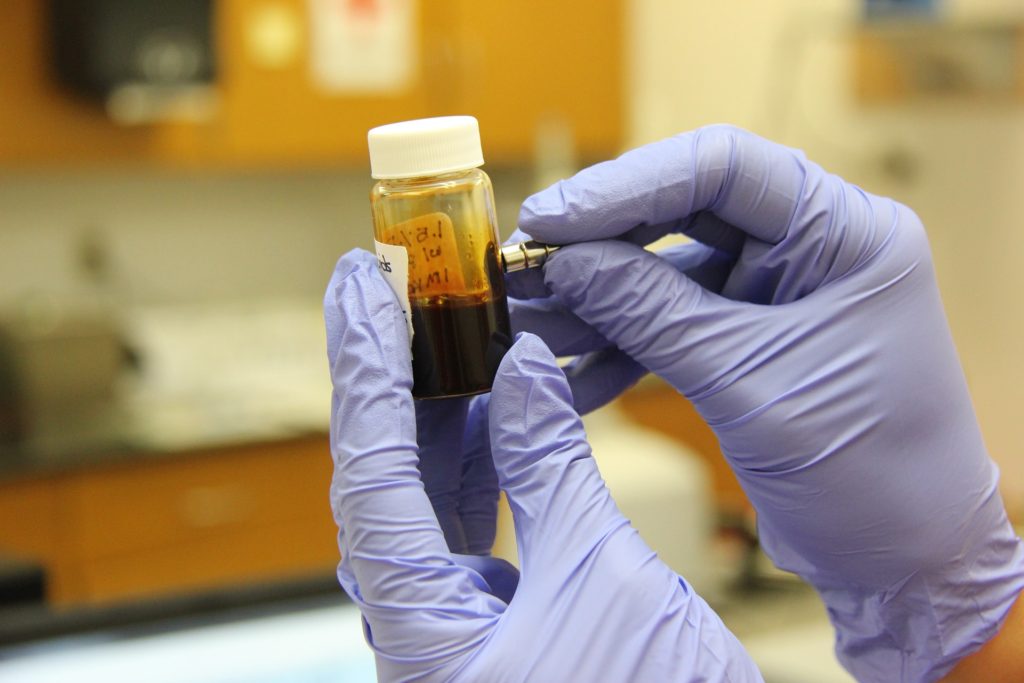
Hepatitis B is a specific type of liver infection caused by the hepatitis B virus (HBV). It is the most common cause of liver infection worldwide with approximately 250 billion people with the disease and 600,000 HBV liver-related deaths annually. The HBV virus is actually considered to be 50-100 times more infectious than HIV.
Types
Generally, it can be sub-divided into Acute and Chronic phases:
- Acute hepatitis B– refers to recently acquired disease. Symptoms occur one to four months after exposure to the virus and usually resolve within the same time period in approx 95% of people. About 5% of folks, however, may progress to a chronic state of infection
- Chronic hepatitis B– refers to infection that persists longer than six months. Children are more prone to developing the chronic disease compared to adults. Roughly 75% of folks are classified as ‘carriers’ because they have no observable symptoms but can transmit the infection to other people. There are approximately over 350 million carriers of HBV in the world. There is a high prevalence of chronic hepatitis in sub-Saharan Africa and Asia.
Modes of Transmission
In developing countries, the most common modes of transmission include:
- Perinatal (from mother to baby at birth)
- Early childhood infections (through close interpersonal contact with infected household members)
- Unsafe injection practices/ IV drug use
- Blood transfusions
- Sexual contact
In more developed countries, HBV is usually spread via:
- Unsafe injection practices/ IV drug use
- Sexual contact
- Infection of healthcare workers (through needle stick or contact with infected coworkers or patients
Treatment
It is important that you contact your doctor immediately or go to a clinic if you’ve been exposed to the HBV by any of the above means. Your doctor can give you a special vaccination (hepatitis B immune globulin) that will help your body fight any infection and protect you from developing the disease. However, it is only effective if given within 24 hours of exposure to the virus.
For patients with acute hepatitis, which is already resolving, your doctor might choose not to give you medications but will allow your body to get rid of the infection on its own. Several laboratory tests will be performed to ensure the virus has been eradicated.
For those with chronic infections, you might require several antiviral medications to slow down the progression of the disease and frequent lab checks to make sure your liver function is intact. Depending on how sick your liver is, you might need a liver transplant which unfortunately can be very difficult to obtain given limited transplant donors and cost involved
Prevention
Given the difficulties associated with treating Hepatitis B infection, great emphasis is placed on preventative measures.
1) Immunization is highly recommended with 3 doses at 0, 1-month and 6-month intervals from initial dose. Preferably, the first dose should be given within 24 hours of birth. However, the vaccine can be given at any age as long as the series is completed.
It is especially recommended for people in high risk groups such as
- Persons with high-risk sexual behavior;
- Partners and household contacts of HBV infected persons;
- Injecting drug users;
- Persons who frequently require blood or blood products;
- Recipients of solid organ transplantation;
- Those at occupational risk of HBV infection, including health care workers; and
- International travelers to countries with high rates of HBV.
It also helps to:
- Know the HBV status of any sexual partner and use a condom if you don’t know the health status of your partner
- Avoid needle sharing and request new needles be used when getting body piercings or tattoos
- Always review the required immunizations prior to traveling to any country and make sure you are up to date on your vaccinations.
Sources:
- WHO http://www.who.int/mediacentre/factsheets/fs204/en/
- http://www.stanford.edu/~endizon/Picture%201.png
- Lok et al. Overview of the management of hepatitis B and case examples. UpToDate.com

